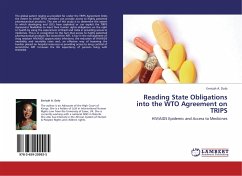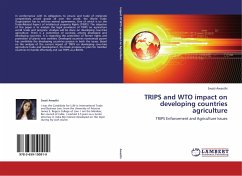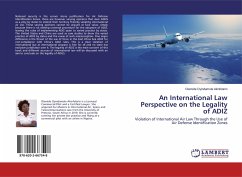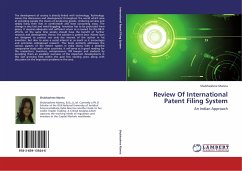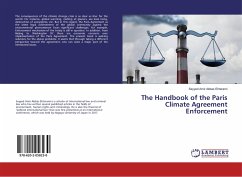The global patent regime as provided for under the TRIPS Agreement limits the extent to which WTO members can provide access to highly patented pharmaceutical products. The aim of this study is to determine the extent to which developing and LDCs have exploited or can exploit the TRIPS Agreement flexibilities to meet their human rights obligations on the right to health by using the experiences of Brazil and India in providing access to medicines. This is in recognition to the fact that access to highly patented pharmaceutical products like second-line ART, is key in the management of drug resistant HIV/AIDS opportunistic infections, the reduction of HIV/AIDS morbidity and mortality rates and, an effective way of lessening the burden placed on hospital resources as providing access to drug cocktail of second-line ART increases the life expectancy of persons living with HIV/AIDS.

